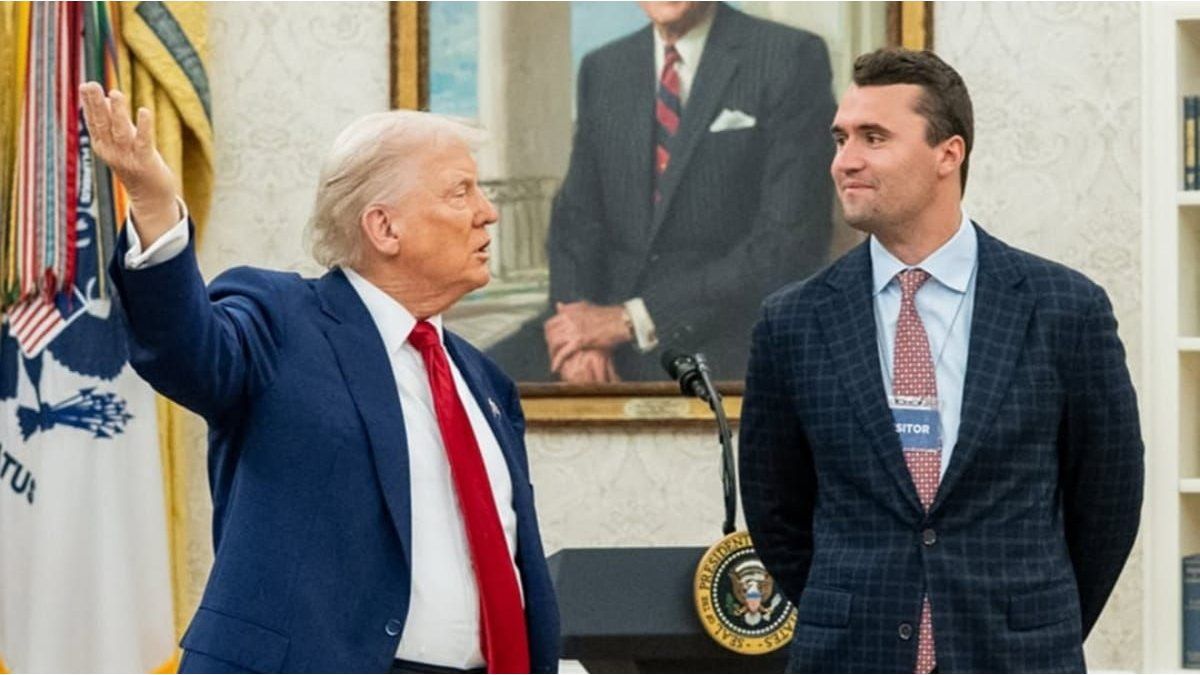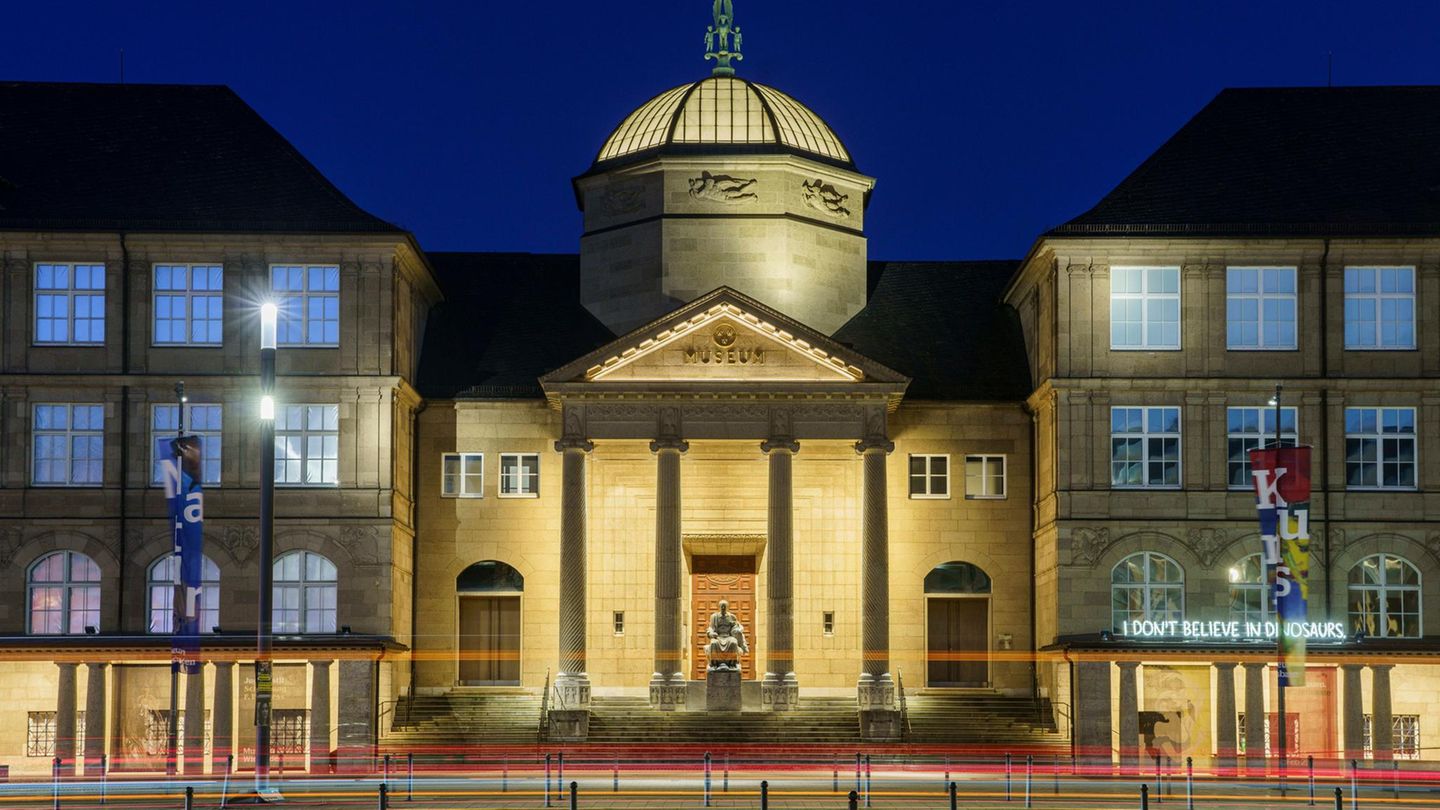I have been working in the news industry for over 6 years, first as a reporter and now as an editor. I have covered politics extensively, and my work has appeared in major newspapers and online news outlets around the world. In addition to my writing, I also contribute regularly to 24 Hours World.
Menu
Knife attack at city festival: Attack in Solingen: Fear – and the question of the motive
Categories
Most Read
Gaza Agreement: Report: Hamas wants to hand over more hostage bodies
October 14, 2025
No Comments
Dispute between the Union and the SPD: row over military service: coalition is still sticking to the schedule
October 14, 2025
No Comments
Clash between the Union and the SPD: Pistorius defends criticism of the military service compromise
October 14, 2025
No Comments
Conflict in the Middle East: Hamas hands over four more bodies of hostages
October 14, 2025
No Comments
Gaza agreement: Trump: Hamas will be disarmed – if necessary by force
October 14, 2025
No Comments
Latest Posts

The US revoked the visa of an Argentine woman and five other foreigners for celebrating the murder of Charlie Kirk
October 15, 2025
No Comments
October 14, 2025 – 23:32 The North American government justified the measure by stating that “it will not welcome those who wish the death of

Taylor Swift: Your song triggers a rush of visitors in Wiesbaden
October 15, 2025
No Comments
Wiesbaden Taylor Swift song triggers a rush of visitors to the museum Listen to article Copy the current link Add to watchlist A pop song,

Volkswagen Group: VW boss Blume: Making good progress in saving
October 15, 2025
No Comments
AngelicaI am an author and journalist who has written for 24 Hours World. I specialize in covering the economy and write about topics such as
24 Hours Worlds is a comprehensive source of instant world current affairs, offering up-to-the-minute coverage of breaking news and events from around the globe. With a team of experienced journalists and experts on hand 24/7.

